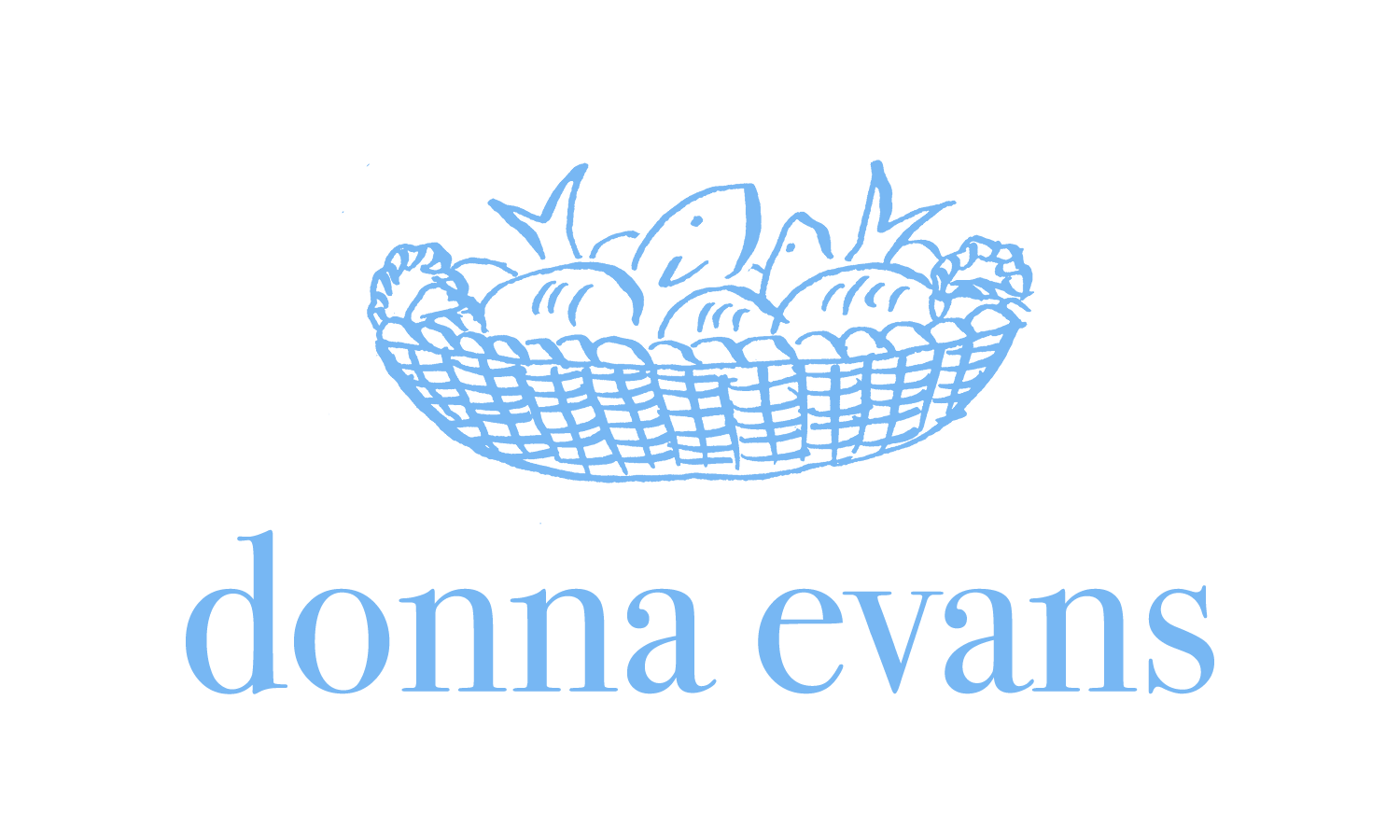Coffee Cup Conversations
“We will tell the next generation
the praiseworthy deeds of the Lord.”
Psalm 78:4 (NIV)
I love a good cup of coffee. I’m not talking about lattes, mochas, or expressos, just a plain cup of coffee with a splash of half and half cream. Bruce and I aren’t picky about most things, but when it comes to our coffee, we like to purchase whole coffee beans and grind them just before brewing a fresh pot of coffee.
Before my retirement three years ago, I had a 35-year career at a large academic medical center. The latter half of my career was spent in health care administration. As leaders, we were trained to use coffee cup conversations as one of the tools in our management tool kit. A coffee cup conversation is an effective management technique used to mentor a new employee who needs some additional encouragement or to coach an underperforming employee who needs some correction. Saying “Let’s go grab a cup of coffee” is an easier way to have what could be a very difficult conversation. Often that single coffee cup conversation is all that is needed to get an employee on the right track. And if it’s done right, the employee isn’t even aware of what just happened.
In just over three weeks our local Presbytery is hosting our denomination’s 49th annual General Assembly in Birmingham June 21-24. Over 2100 pastors and laymen from all over the United States will be gathering to discuss important issues before the Presbyterian Church in America (PCA). Many of the commissioners will bring their wives and families. Our Host Committee’s job is to make each of them feel welcome, wanted, and worth the trouble. That, after all, is the true meaning of biblical hospitality.
Our hospitality plans include an onsite nursery for infants and toddlers; supervised activities such as Top Golf and Camp Briarwood for children and youth; and tours of the Civil Rights Museum or the Botanical Gardens for the women. We are also hosting a Women’s Lunch event whose theme is “Generation to Generation.”
Scripture is quite clear. Each generation is responsible for transferring truth to the next generation. Deuteronomy 6, Psalm 78, and 2 Timothy 1 are just a few of the passages where God instructs us to teach the next generation Who God is and What He has done in our lives.
God’s Divine Design for the effective transfer of truth one generation to another is that we would be both intentional AND relational in communicating the truth of God’s Word. Intentional means that we get the message out of our mouths and relational means that we earn the right to be heard. Truth is most effectively transferred in the context of everyday conversations nurtured at the heart level of relationships. Grasping that concept gives new meaning to everyday, ordinary, and often mundane tasks such as coffee cup conversations. Spending time with them can lead to pointing them to Him.
Read the Gospels and you’ll find Jesus using everyday illustrations- salt, light, bread, fish, and mustard seeds- and stories to teach the essential truths of the Kingdom of God and to help people remember what He taught.
As our Host Committee considered the possibilities, logistics, and costs for providing meaningful table decorations for 275 women, we chose coffee beans and candles as visual aids for our “Generation to Generation” presentation. The pillar candle reminds us that even a little light can dispel a lot of darkness. It also reminds us that Jesus called us “the light of the world”(Matthew 6:14). The coffee beans remind us that the gospel, mentoring, and discipleship works most effectively within relationships. And much like business, sometimes all that is needed is a little time and a good coffee cup conversation.
Maybe coffee isn’t your thing and you’d rather get some tea or grab an ice cream. The food item isn’t nearly as important as the conversation. So, who are you teaching and training? How well are you transferring truth from one generation to the next? Have you earned the right to be heard with your children and grandchildren? Are you investing in the next generation by listening well, asking good (and sometimes hard) questions, and developing strong relationships with those most dear to your hearts?
If not, why not start today by inviting someone to share a cup of coffee and some good conversation?



